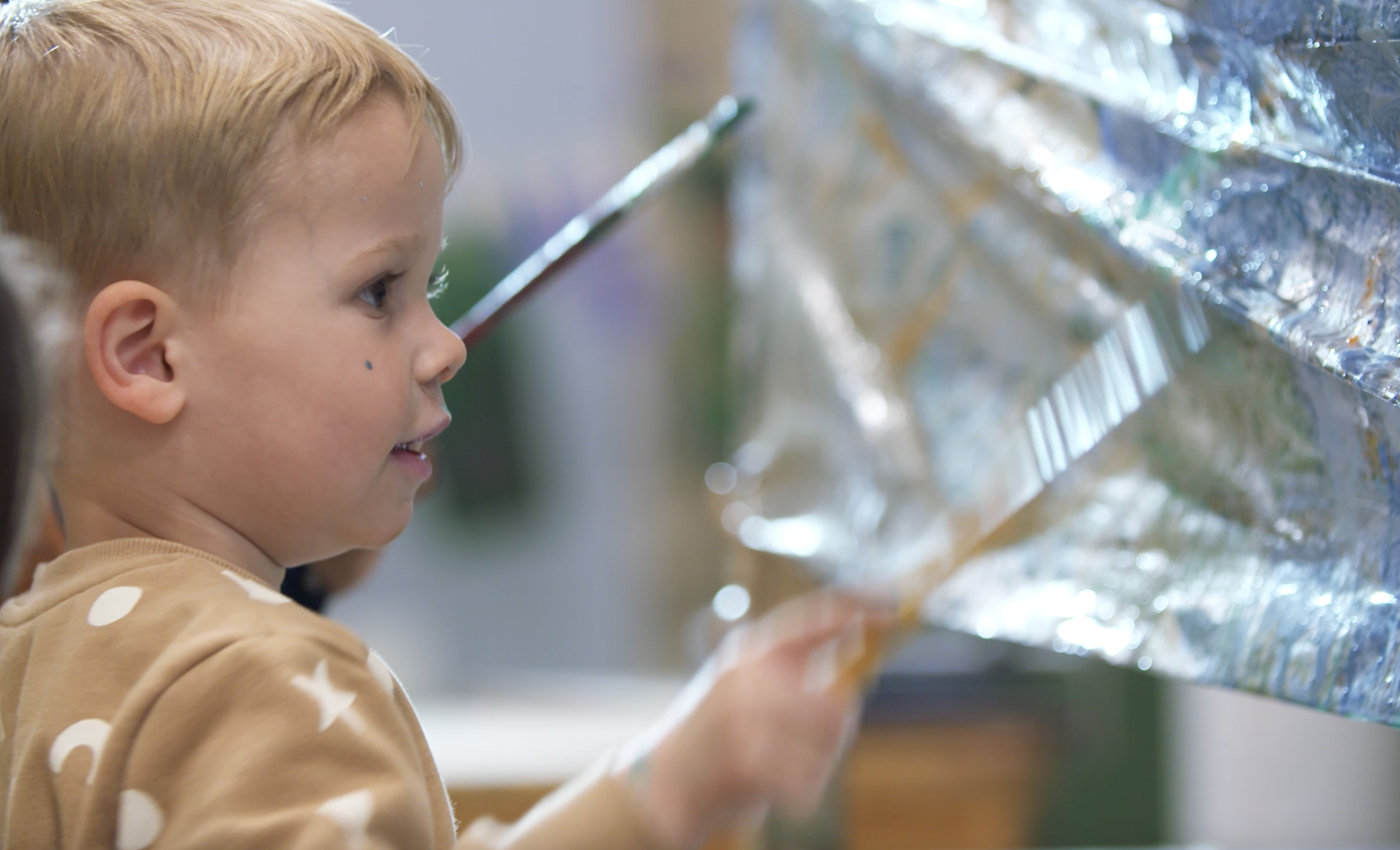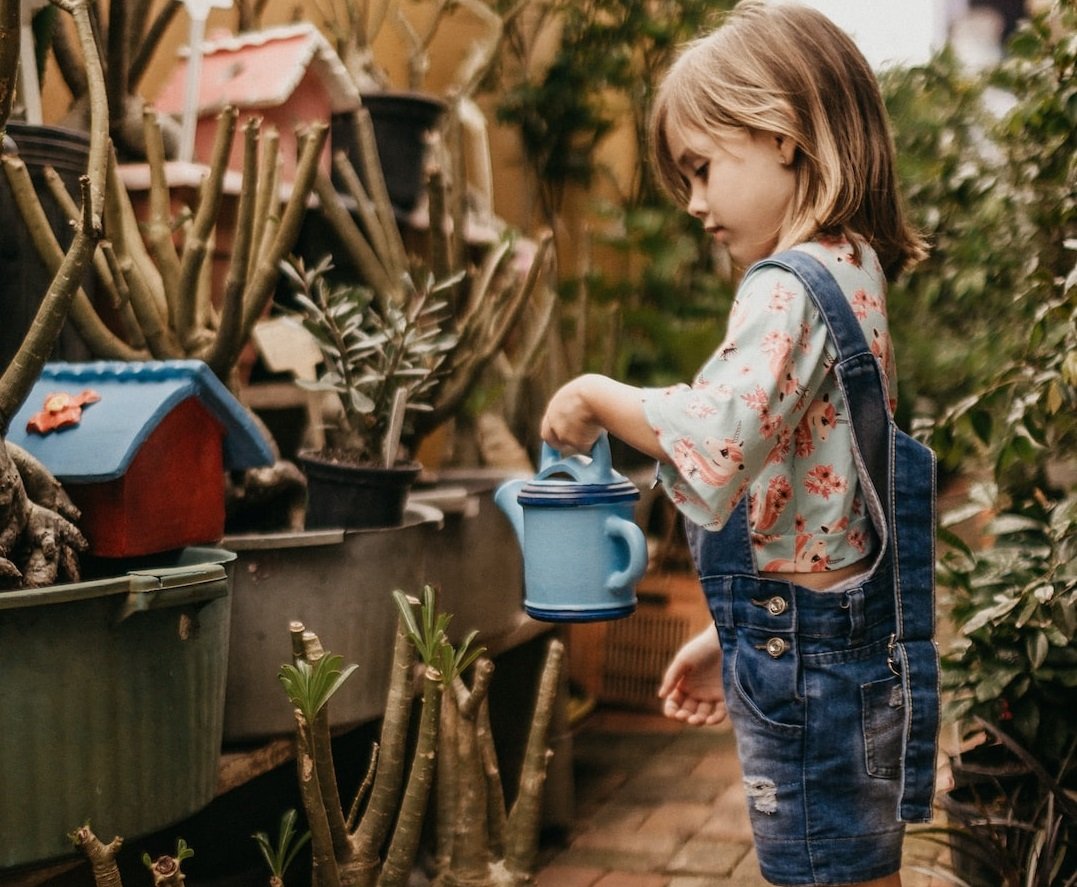
Learning through joy
Led By Children - Guided By Experts
Our creative and innovative curriculum is based around play. Inspired by early education at Reggio Emilia – it’s all about the in-depth exploration of a topic or theme carried out over an extended period of time, rather than just in a single session.
Bespoke to each child, educational projects are fun and experiential. Both child-led and directed by our skilled educators, activities are always based on things each child enjoys and gets excited about - sparking an inner motivation and a real love of learning.
Our child-centred approach uses each child’s unique strengths to build confidence, problem solving ability, and resilience. We’re passionate about every child fulfilling their potential and prepare children to succeed at school and beyond, cognitively, socially and emotionally. Children explore, investigate and experiment, developing a depth and breadth of knowledge, ready for the next stage of their education.

“Only children believe they are capable of everything”. Paulo Coelho
-

Piccolos - under two's
Our babies delight in baby dance, stories, music and movement and Makaton signing is used to support early language development.
Our youngest babies enjoy full body painting and sensory craft.
Our babies explore through sensory play and experiences, food-based messy play and heuristic play.
It’s all about sensory exploration, cuddles at anytime, good quality sleep and lots of fresh air.
-

Bambinos - from 18 months to 3 years
Our toddlers get messy exploring with all their senses and get creative expressing their ideas through painting, sticking, messy play, drawing and building.
We put on puppet shows or recreate stories, enjoy yoga sessions and read together.
Our toddlers play imaginatively, love their food, enjoy being outside and have close relationships with their educators.
-

Acorns & Oaks - from 30 months to 5
By now our children are taking part in nature investigation, life cycle exploration, and regular baking, gardening, yoga and climbing.
Woodwork, finger knitting, origami and felting alongside clay and papier macho projects.
By pre-school our children are confidently enjoying computer coding, circuits, , sensory science and microwave experiments.
Always full of play, fun and outdoor adventures every day.
Young Scientists and Mathematicians
Our children love discovering how things work through investigating and experimentation, and hands on experiences including messy and creative play, gaining a deep understanding of the world around them.
By actively constructing ideas and explanations about the physical properties of objects, they unknowingly test multiple hypotheses such as gravity, force, weight, distance and height.
Maths and physics come to life through sorting and block play. Children internalise concepts including measurement, fractions, mass, design, equivalency, balance, special awareness, conservation and logistical classification.
Critical Thinkers
We believe it’s essential children don’t just know about their world but can understand and apply their knowledge of it.
We support each child in being able to develop their critical thinking skills to really understand what they have been shown and the wider world around them.
Open-ended play, science, art, experimentation, and exploration gives our children the space and time needed to explore concepts and ideas and to develop creative expression and innovation.
Emotionally Intelligent
Emotional coaching supports children for life.
Children who have a good foundation in emotional literacy develop good communication skills, tolerate frustration better and are able to make and keep friendships. These children are happier, healthier, more focused, have greater academic achievement and are less impulsive or lonely.
We coach children to be able to understand their own emotions and those of others, developing the skills to stay calm when angered and reassure themselves when in doubt.
The strong emotionally supportive relationship with our educators means our children are always listened to and comforted. When an adult understands a child’s thoughts and feelings they can problem solve and set boundaries, and children can better understand themselves.
Children feel loved, supported, respected and valued.
Positive Citizens
Having a child-centred approach is about empowering children to have a voice we listen to.
We teach children to think for themselves, question the world around them and that their voice matters.
This doesn’t mean not setting limits, but enabling children to be confident in questing rules and so learning what is acceptable and what is not.
Children are given the power to choose and make decisions individually and as a group, and turn-taking and sharing are always part of activities. Children learn through mirroring grown-ups and each other, and our values are underpinned by how we all behave towards one another.
Our children develop an in depth understanding of the wider world, our social and environmental responsibilities, culture and diversity. We embrace each others differences and children relish sharing and discussing celebrations and experiences, faiths, communities, festivals and traditions.
Outdoor Adventurers
Come rain or shine, we take our children safely outside to explore.
We’re exercising, getting some fresh air and learning along the way about our local area, animals, insects and the natural environment.
Our daily outdoor adventures, including our Forest school sessions vary daily, and include storytelling, drama, role play, sensory activities, mini beast hunts, circle time, collecting/sorting, counting, investigating, recording, mark making, splashing in puddles, rolling in leaves, catching rain on a tarpaulin, listening, looking for worms or shelter building sessions. We also enjoy exploring our local community, and as a result our children boast superb knowledge of road safety.
Being outside provides children with fantastically rich first-hand experiences that they can use as the ‘stuff’ that stimulates their play, drawing, building and painting and other projects.
Our Pedagogical Inspirations
-
The Reggio Emilia approach is the central theme that runs through everything we do at KatieB Kids. It is based on:
Child-centred learning
Creativity and aesthetics
Collaboration
Environments designed especially for children
Documentation
Working in partnership with parents
And so our educators at Katie B Kids:
Provide experiences that “provoke” children’s thinking and learning
Build on the strengths, competencies, and curiosities of each individual child through close observation of children, listening to and exploring what interests them
Encourage children to reflect on their own experiences and search out knowledge through their own investigations. KatieB Kids educators refrain from simply offering an answer to a child’s question. Rather a social collaboration is encouraged with each child as an equal participant, and whereby the questions and observations can be used as an opportunity to learn and search with the adult in a continual, collaborative process
Do not plan projects in advance; they follow child led projects that emerge based on the child’s interests through which learning goals can be met. Educators listen to and implement children’s ideas for projects on which to work in an “negotiated curriculum”.
Emphasise hands-on discovery learning allowing the child to use all their senses and all their languages to learn. Recognising that children use many different ways to show their understanding and express their thoughts and creativity which must be equally valued and nurtured; through drawing and sculpting, through dance and movement, through painting and pretend play, through modelling and music.
Ensure the environment inspires children and offers carefully planned spaces and well-organized materials, so that children are free to spend more time on projects that interest them and are often able to move between activities at their own pace.
The nursery spaces encourage collaboration, communication and exploration. The space respects children as capable by providing them with authentic materials & tools and is cared for by the children and the adults.
Place emphasis on carefully displaying and documenting children’s thoughts and progression of thinking; displaying the children’s creations and showing the child’s learning process. Through this documentation of children’s thoughts educators can encourage children to talk to each other and with adults further enhancing communication and language skills.
Make a great effort to communicate with parents and to help parents feel involved in their child’s learning, sharing ideas and skills, working in collaboration as active partners to enhance the children’s learning.
-
Maria Montessori saw children as natural learners and little teachers. The Montessori approach is about encouraging and enabling children to think independently through their own exploration and problem-solving abilities.
At KatieB Kids activities encourage each child to investigate and explore, to gain confidence, independence and language development. Children are seen to work for the joy of the process rather than for the end result, and are excited and energized through work, often repeating activities over and over just because they want to.
We teach children to think deeply, to think for themselves and to think about others. We follow the Montessori approach and assume children are born intelligent, curious, creative and are ripe to develop a sense of wonder and imagination.
The Montessori method of education places importance on grouping the children in mixed age ranges, being outdoors and promoting positive social behavior. All of which are central to the KatieB Kids philosophy. The high level of academic achievement so common in Montessori schools is a natural outcome of experience in a supportive environment.
At KatieB Kids, we focus on enabling children to develop a general foundation for learning and development that includes:
Developing a positive attitude.
Working with a sense of order.
Taking pride in their environment.
Developing concentration and self-discipline.
The ability to make decisions.
Developing a sense of responsibility and good manners.
-
The concept of Forest School originated in Scandinavia and gives children the opportunity to learn through connecting with nature in a magical and stimulating setting.
Outdoor learning is a key part of life at KatieB Kids and our curriculum specialist is an accredited forest school lead.
Children become active and healthier as they explore nature in a safe yet challenging and stimulating informal environment full of sensory diversity. Our outdoor world provides opportunity for real creativity and imaginative play and allows children to investigate, problem solve, and learn to work together by communicating effectively, as well as developing a lifelong love and understanding of the natural environment.
This seems particularly pertinent for the modern child when studies and reports are constantly reporting that children are becoming estranged from the natural world, and where national obesity and fitness levels are giving cause for concern.
Educational pioneers such as Frobel, Isaacs, McMillan and Steiner first promoted the value of the natural environment for children’s health, learning and emotional well-being and being outside is embedded in the ethos of many European nurseries where most children spend a day a week in the outdoor environment and in the UK the concept is now nationally recognised as an innovative approach to education.
-
Heuristic play is a term created by a child psychologist Elinor Goldschmeid in the early 1980's and is rooted in young children’s natural curiosity. As babies grow, they move beyond being content to simply feel and ponder objects, to wanting to find out what can be done with them.
Spontaneous exploratory play is essential for children’s development and so we make sure we have plenty of it, particularly in our baby room. Heuristic comes from the word ‘eureka’ and means helping to find out or discover; proceeding by trial and error.
In Heuristic play sessions, children are presented with 'objects' from the real world and are non-commercial. Children are given the opportunity to experiment spontaneously and explore the objects using all their senses.
It provides a creative, unhurried way for children to learn: free from pre-determined expectations and stimulates all the senses, creating a rich learning experience.
Through heuristic play young children experiment with the different ways that objects interact with each other. Toddlers will investigate all the physical possibilities of an object, by rolling, filling, stacking, dumping, fitting things inside each other, balancing and manipulating an object in every possible way. Through exploration in this way the child will make satisfying discoveries about how the world works, exploring areas such as gravity, spacial awareness, density, and simple physics. These discoveries build cognitive development, hand/eye co-ordination and fine and gross motor skills. By being able to use their imagination and explore without interference or direction, through sequencing, manipulation, anticipation and rearranging of objects, children can discover basic scientific and mathematical concepts such as same and different, spheres roll in all directions, tubes roll back and forth and cones roll in circles. Shiny reflects, metal resonates, flat objects can be piled up, heavy and light, little and big and floating and sinking. Through this experimentation and exploration children develop their imagination, problem solving skills, concentration, fine and gross motor skills and overall cognitive development.
To provide for heuristic play, nursery practitioners collect natural materials like fir cones, conkers, seashells, and large pebbles, as well as ribbons, short lengths of chain, and ‘found’ objects like curtain rings, jar lids, sturdy cardboard tubes, the rings from inside Sellotape, and empty cotton reels. Throughout the heuristic play session nursery practitioners sit close by unobtrusively yet attentively and observe the thought processes children display as they interact with each of the objects and each other. Between sessions the nursery practitioners maintain the supplies, cleaning each item, checking for safety, discarding unsuitable items and collecting new ones with the children so that as the basket grows it becomes a catalogue of memories.
Our Values Recognised by Ofsted 2023
Our first Ofsted inspection at the Chapel was published in June 2023 where we were awarded ‘Good’. We were delighted to see in the report a genuine reflection of how our nursery ethos is consistently reflected throughout our practice. This is important as we know how hard it is to pick the right nursery for your child, and rightly our values are significant to our families who have chosen our nursery. Comments like “children are confident and extremely happy as a result of obvious care and nurture from staff”, “children know they are valued” and “staff form very close relationships with parents”, reinforce the genuine care that our team give daily.
Our commitment to safe practice was noted with the comment “staff demonstrate a very good understanding of all aspects of safeguarding and how to protect children”. It was good to note that “staff report that the leaders are very supportive and that they all work well as a team”.
We are a Reggio Emilia inspired setting, and we are proud to be child led, ‘Bringing Imagination to Life’. We are delighted that the inspection repeatedly reports on evidence that we are delivering to this with comments like we “offer an abundance of learning experiences”, “staff skilfully provide an excellent range of experiences for children to create through creativity, songs, opportunities to think critically and solve problems”, and “staff guide children to be curious and positive learners”. We liked that our inclusivity was recognised and reported on “staff adapt activities so every child can explore and learn”.
At KatieB Kids we support our children through their early years’ education to develop the skills necessary for a positive life ahead. This was noted throughout the report, and the fact that we “develop children's resilience and create a can-do attitude to learning” is particularly important to us as this is central to our ethos and curriculum. We are proud that it could be recognised in just one day that our children “demonstrate positive attitudes to learning”, “take turns to respectfully listen and respond”, “learn to collaborate, share, take turns and understand how others may be thinking and feeling” and “keep on trying and not give up.” Finally, “children have lots of opportunities to explore nature and the wider world”.
Of course, we always aim for the highest standards in all that we do. The comments for what we can do even better were already reflected in our own improvement plans and so we were able to act promptly on making some positive changes to our settling routines, and to our spaces to support the spread of noise, and now we will continue to reflect on the effectiveness of these changes, enabling us to recognise how we can make further improvements. We only opened our nursery in our new home in March 2022 and against the industry trend, we are proud of our very low turnover of staff. Our inspector noted that “the manager has extensive knowledge of her staff's strengths and where they need extra support and understanding.” With our robust systems, our environment, our dedicated team, and our passion and commitment we are completely confident that we will continue to grow as a team, and as a nursery, to embed consistent outstanding practice. We look forward to welcoming Ofsted back, to showcase this.
The journey through our nursery







